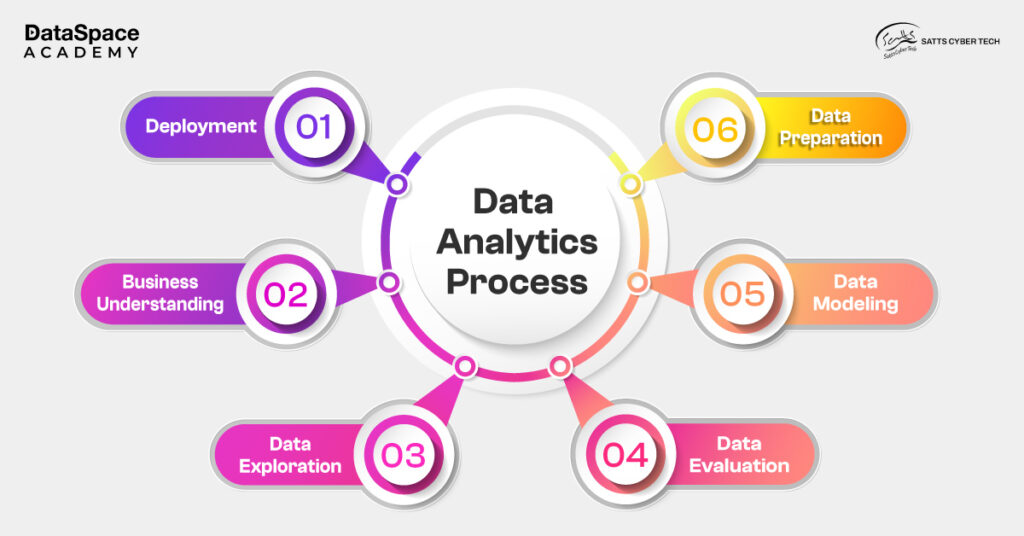Data analytics is a complex domain with a unique language that many have not been able to comprehend yet. This obscurity and lack of clarity has led to a bunch of myths that have been causing serious misconceptions about the domain. However, the blog here is all set to bust 5 common data analytics myths to unveil the reality.
Data Analytics is Only for Data Experts: A common myth surrounding data analytics is that this domain is mostly associated with data experts and technical gurus with advanced degrees.
But on the contrary, this domain is open to all from a wide range of backgrounds. Anyone inclined to learn data analytics can opt for beginner-friendly resources to start their learning journey.
All Data Roles Are The Same: Another popular myth is that Data engineers, Data Analysts, and Data Scientists - all follow the same role of data analytics.
However, the truth is these roles are entirely different from each other. The confusion arises due to the fact that these roles fall under the umbrella of Big Data.
A Data Engineer is responsible for developing the core engineering of the data model. These professionals also build scalable data pipelines for extracting raw data from multiple sources, transforming them, and adding it to downstream systems. Once the data is transformed, data scientists and analysts use this information to create accurate Machine Learning models.
Learning Data Analytics is Expensive: This is a big one. Many students believe that learning data analytics is expensive. But it's not the case.
If you are interested in learning data analytics, there are multiple free and paid online resources and educational websites offering quality data analytics education. These resources enable learners to access high-quality content without breaking the bank.
But you must note that contrary to free resources, formal courses offer structured learning and hands-on experience. DataSpace Academy offers industry-leading
data analytics course in Kolkata by highly experienced mentors. The course covers all major analytics tools and techniques required to succeed in this domain. Plus, with this course, you get a chance to work on capstone projects, bridging the gap between theory and practice without incurring hefty costs.

You Need a Master’s or Ph.D. degree to Study Data Analytics: Well, this statement is partially true. However, it truly depends on the job role and not a mandatory requirement.
If you are working in the research field or want to be an applied scientist, you will need a Master’s degree or Ph.D. But for most data science-related roles, formal education is just one piece of the puzzle. Anyone from a tech or non-tech background with the right skills can be a part of this domain.
Data Analytics Need to be Pro-coders: Although data analysts extensively work on data, you do not need to type hours and hours of code to derive results.
Coding is never among the top data analyst skills. Most data analysts are not required to code, but these skills can often come in handy as you progress in your career. Ideally, Python and R, provide strong support for multiple libraries that can be used to solve complex data-related problems.
Data analysts primarily work with data for most of the tasks. The coding part is only required to work on the competitive programming end. What data analysts majorly need is a strong knowledge of data structures and algorithms. Problem-solving skills should be excellent as well.
Data Analytics is a fast rising domain, assuring robust opportunities for aspiring professionals. So, if you are looking forward to build a rewarding career in the data domain, there could not be a better time.


